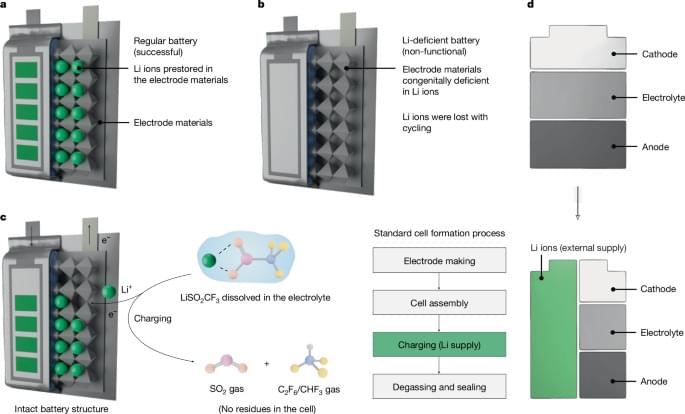A microchip-sized particle accelerator has been successfully tested, marking a breakthrough in miniaturized high-energy physics.
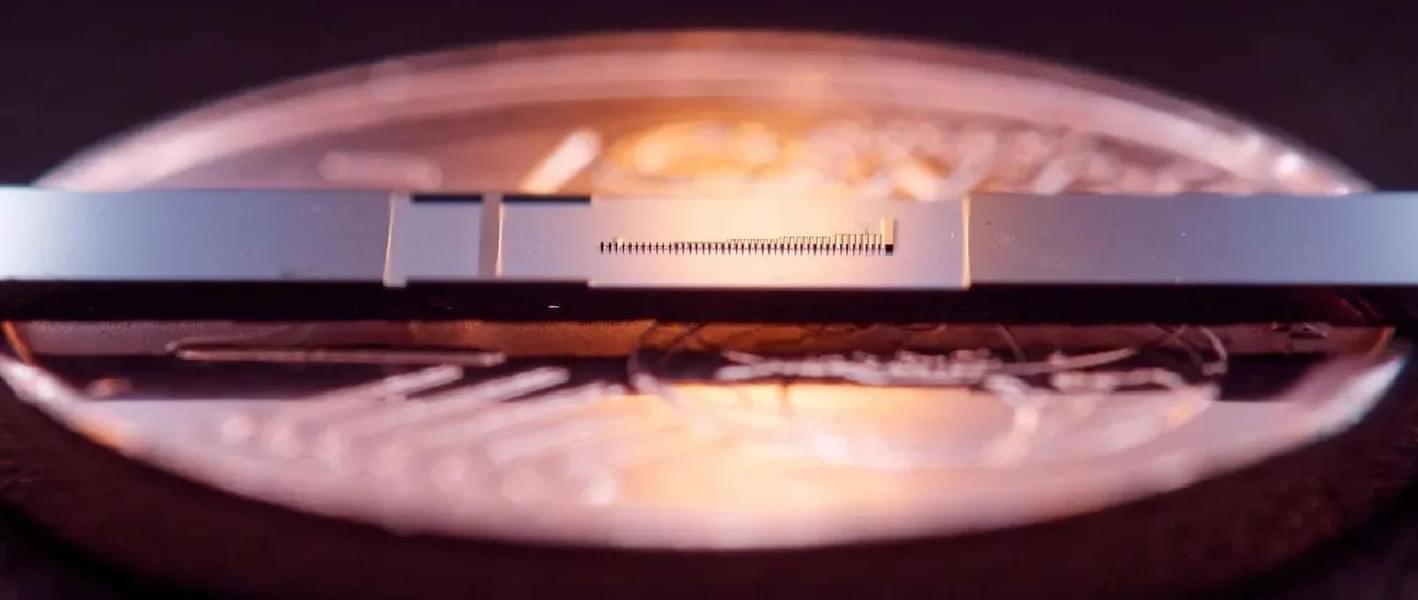

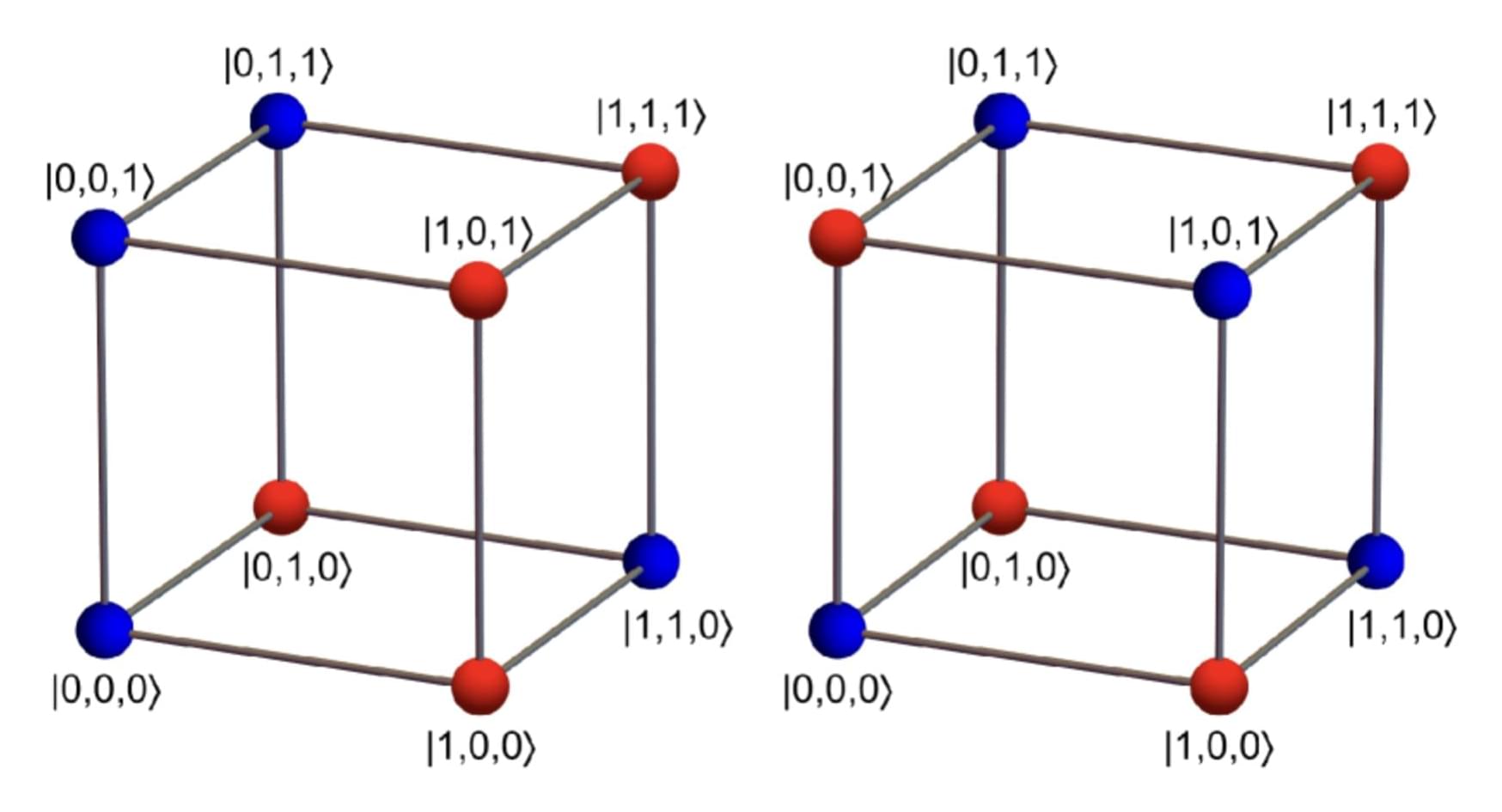
To address this challenge, the researchers propose two alternative QV tests that sidestep classical simulation entirely. Their primary modification involves using parity-preserving quantum gates — gates that maintain the parity (even or odd sum) of qubits throughout the computation. This allows the heavy output subspace to be known in advance, eliminating the need for classical verification.
The first approach, the parity-preserving benchmark, modifies the structure of the quantum circuits while keeping the number of two-qubit interactions the same. The researchers argue that this change has minimal impact on experimental implementation but significantly reduces computational costs.
“Since the interaction part is unaffected, the number of fundamental two-qubit gates, 3 in case of CNOTs, remains unchanged,” they write in the paper.

A team of mathematicians and statisticians from the University of Wisconsin-La Crosse, the University of Tennessee and Valparaiso University, all in the U.S., has found new evidence that wolves had ample time to self-domesticate and evolve into modern dogs. In their study published in the journal Proceedings of the Royal Society B, the group developed a computer simulation showing the evolution process.
Prior research has suggested that the process of self-domesticating and then slowly evolving into modern dogs would have taken too long. Additionally, researchers believe that humans and dogs have been living in close proximity for approximately 30,000 years and that for the past 15,000 years, humans have been breeding them to perform certain tasks. But what happened in the first 15,000 years is less clear.
Some have suggested that humans may have begun encouraging the friendliest wolves to hang around by adopting their puppies, finding their presence advantageous. Others have suggested that wolves moved ever closer to groups of humans for access to leftover food. But this evolution, others have noted, would take more than 15,000 years to reach the point where humans began breeding them.
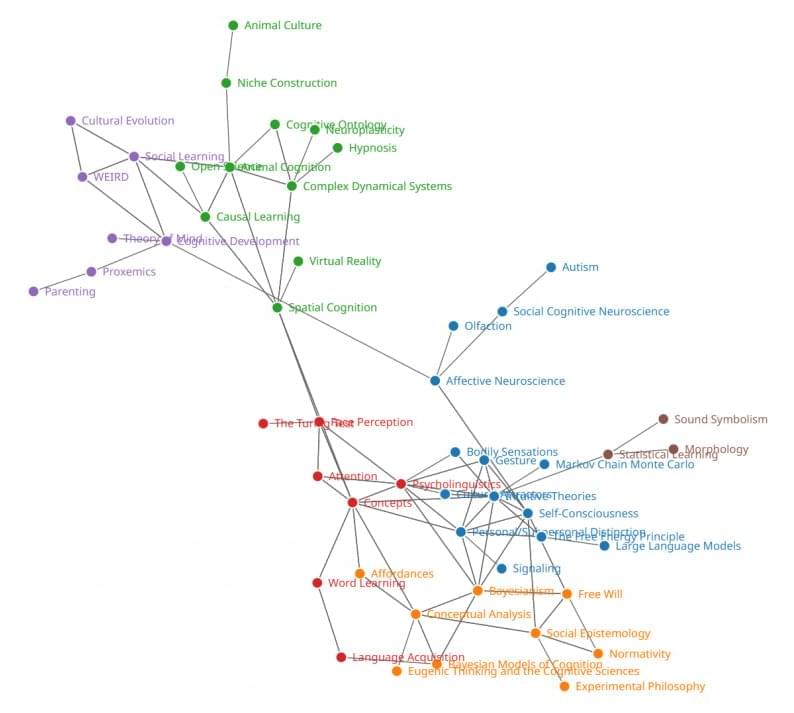
The Open Encyclopedia of Cognitive Science (OECS) is a free, online collection of multidisciplinary peer-reviewed articles on various topics in cognitive science. Officially launched last August by MIT Press, the OECS is a successor to the MIT Encyclopedia of Cognitive Science. It currently has around 80 articles, with more to come, on topics such as: Social Epistemology by Mandi Astola and Mark Alfano The Mind-Body Problem by Tim Crane Bodily Sensations by Frédérique de Vignemont Personal/Subpersonal Distinction by Zoe Drayson Conceptual Analysis by Frank Jackson Natural Kinds by Muhammad Ali Khalidi Cognitive Ontology by Colin Klein Free Will by Neil Levy Experimental Philosophy by Edouard Machery Metacognition by Joëlle Proust …to pick just ten. The editors of OECS are Michael C. Frank of Stanford University and Asifa Majid of the University of Oxford. You can check it out here.
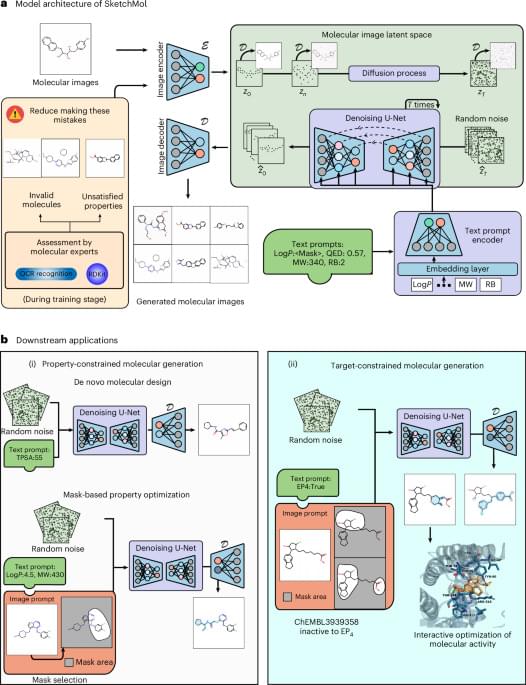
Can models think without using tokens?! Really??Join My Newsletter for Regular AI Updates 👇🏼https://forwardfuture.aiMy Links 🔗👉🏻 Subscribe:
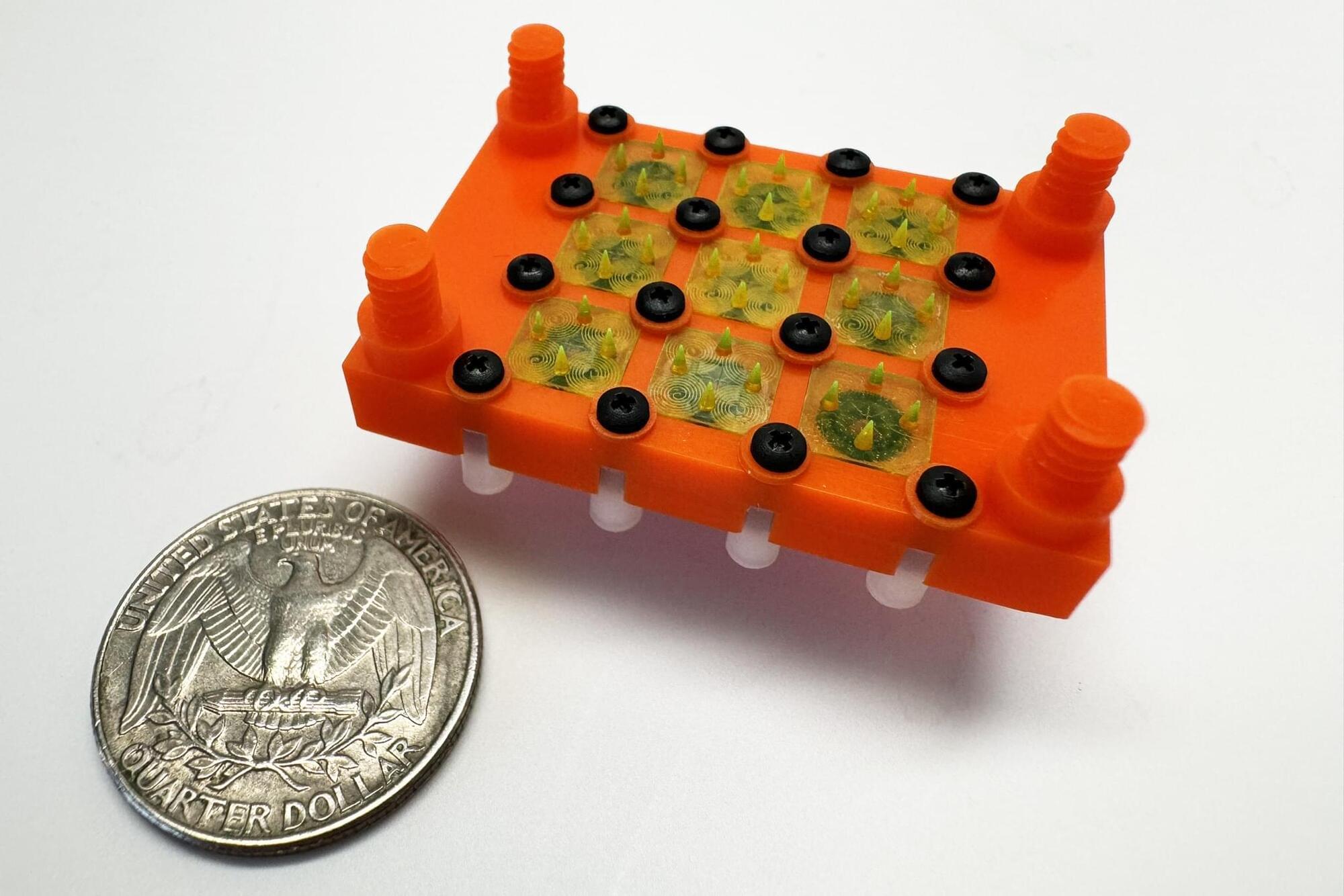
MIT researchers demonstrated the first fully 3D-printed, droplet-emitting electrospray engine. The low-cost device can be fabricated more quickly than traditional thrusters, potentially from on board a spacecraft, and could enable CubeSats to perform precise, in-orbit maneuvers, aiding space research projects.
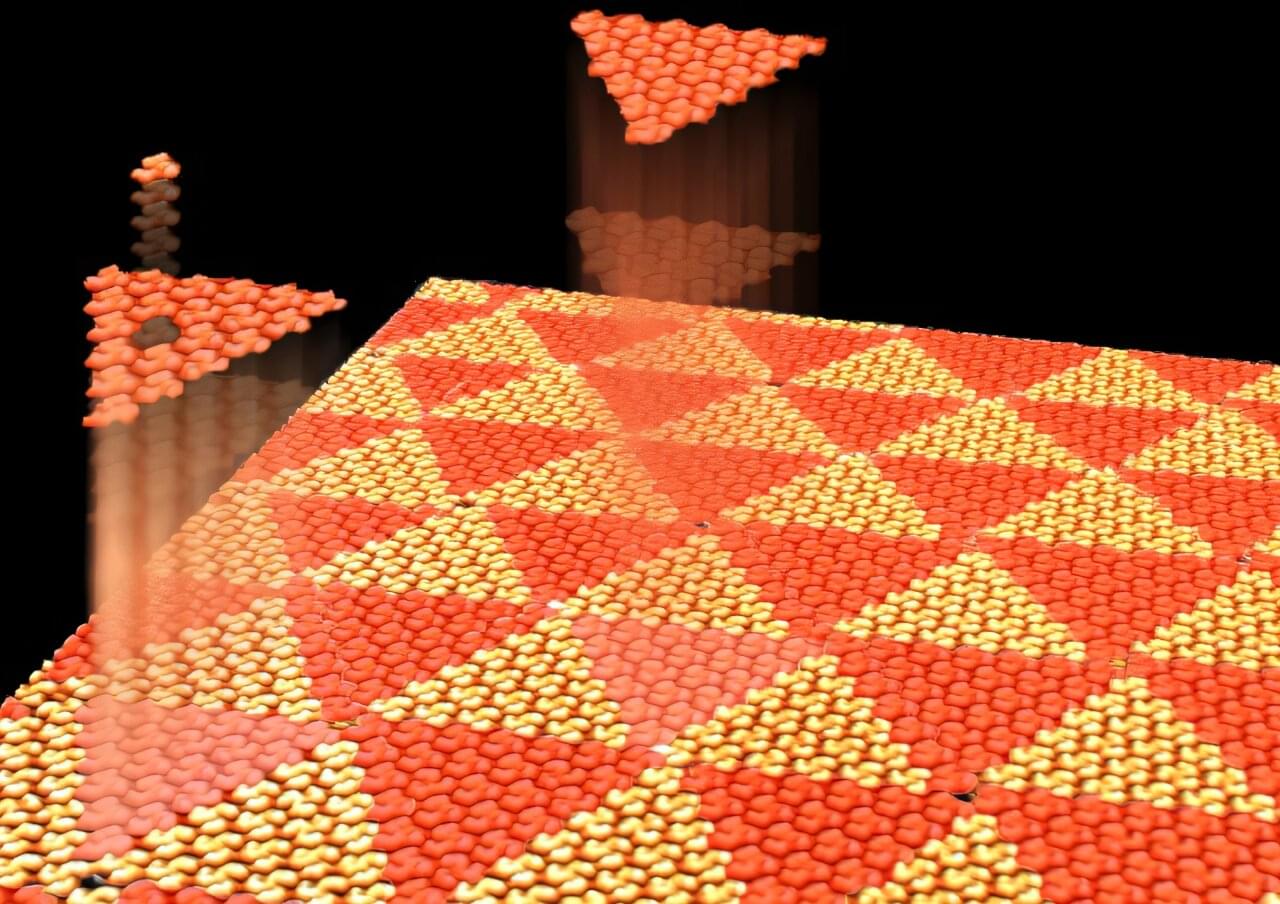
Standing at the intersection between mathematics and the tiler’s trade is the so-called einstein problem. Despite its name, this mathematical question has nothing to do with the Nobel Prize winner Albert Einstein. It asks: Can you seamlessly tile an endless surface with a single shape (an “einstein”) in such a way that the resulting pattern is never repeated? Such a “proto-tile” was first discovered in 2022 by the English amateur mathematician David Smith.
Empa researcher Karl-Heinz Ernst is neither a mathematician nor a tiler. As a chemist, he researches the crystallization of molecules on metal surfaces. He never expected to deal with the einstein problem in his professional life—until his doctoral student Jan Voigt approached him with the unusual results of an experiment.
When a certain molecule crystallized on a silver surface, instead of the expected regular structure, irregular patterns were formed that never seemed to repeat themselves. Even more surprising: Each time he repeated the experiment, different aperiodic patterns emerged.
Amidst Washington’s escalating tech sanctions, Chinese researchers find a new way to enhance GPU efficiency from the software end.
